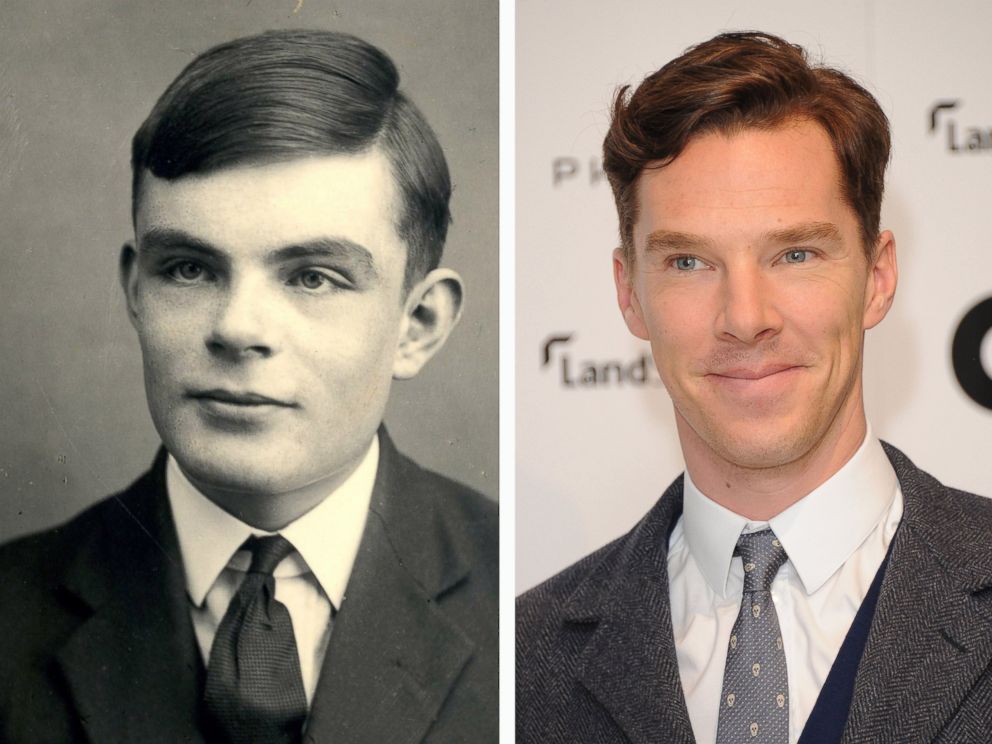Real Stories of Oscar-Nominated Films Based On Non-Fiction
The true tales behind this year's best picture nominees.
Feb. 18, 2015— -- Half of this year's best picture nominees are based on true stories.
Based in truth, however, does not always mean how it actually went down in real life. As with any film, biopics are subject to the director's interpretation of events.
This year's slew of based-on-a-true-story nominees are no exception. In fact, several of them have drawn controversy precisely for their interpretation.
Here's a quick primer on what you'll find in each of the best picture nominees based on a true story.
Selma
The first Martin Luther King Jr., biopic to hit the big screen, "Selma" deals with the period around the three marches led by King from Selma to Montgomery that paved the way for the Voting Rights Act of 1965. Though it opens with King accepting the Nobel Peace Prize in December 1964 and covers just a few short months through the marches in March 1965, the film manages to convey the scope of the Civil Rights Movement.
What you won't see in the film are King's original speeches, since King's estate did not give permission to the filmmakers to use them. Instead, they are connected to an upcoming film project by Steven Spielberg. Working with an original script by Paul Webb, director Ava DuVernay carefully paraphrased King, so that the speeches star David Oyelowo delivers in the film have King’s rhythm and meaning, even though they are not his actual words.
The film has been criticized by some, notably Lyndon B. Johnson's former aide Joseph Califano Jr., for the way it depicts the former president as sometimes impeding the movement.
"They had one of the most productive relationships in history, but it was sometimes a rocky road to get there," DuVernay told "60 Minutes." "It happened. It was a triumphant time for our country but we tried to show the complexity and the humanity within their relationship."
The Imitation Game

"The Imitation Game" tells the story of British mathematician Alan Turing, who helped defeat the Nazis by cracking their codes. The film focuses on Turing's code-breaking work and how he was later prosecuted for being gay under a law that criminalized homosexuality in the United Kingdom.
Though the script is based on Andrew Hodges’ "Alan Turing: The Enigma," the film portrays Turing, played by Oscar nominee Benedict Cumberbatch, as indifferent and unapproachable, which is not how friends and colleagues remembered him in the book. The film also depicts Turing as keeping his homosexuality a closely guarded secret, but in reality he was open with friends and colleagues and, according to the book, often made advances at other men.
The biggest liberty the film takes is suggesting that Turing was accused of being a traitor by not turning in a Soviet spy who threatens to expose his homosexuality. Hodges said in real life the two never met and their relationship was invented by filmmakers, which, some say, have tarnished Turing's reputation.
This Oscar season's bonafide box office hit, "American Sniper" is based on the best-selling memoir by Chris Kyle, the former US Navy Seal known as "Legend," who recorded 160 confirmed kills during his four tours in Iraq in the early 2000s, making him the deadliest sniper in US history.
Starring Oscar nominee Bradley Cooper as Kyle, the film focuses mainly on the sniper's four tours and his struggles adjusting to life back home with his wife, Taya, and their family. While there are plenty of omissions from the book, the film has been criticized mainly for reducing the war to good versus evil. Others have praised it, including Sarah Palin and first lady Michelle Obama, for how it portrays military veterans. Then, there was the #fakebaby controversy that had some viewers panning the picture for its apparent use of a prop doll in one scene.
As the controversy raged on, Kyle’s widow, Taye Kyle, said she was proud of her late husband and Cooper’s role portraying him. "The heart of the man, the ability to laugh through it all, Bradley captured all of it," she said.
The Theory of Everything
The Stephen Hawking biopic "The Theory of Everything," has been criticized by The New York Times for oversimplifying Hawking’s scientific advancements. Based on "Travelling to Infinity," the memoir by his ex-wife Jane Hawking, the film focuses more on the famed physicist's relationship with Jane.
Starring Oscar nominees Eddie Redmayne and Felicity Jones as Stephen and Jane, the movie also shows their courtship as taking place before Hawking was diagnosed with ALS, though in reality, they began dating after his diagnosis. Mostly, the film stays true to the book, likely because both Hawkings were frequent visitors to the set. Stephen Hawking even allowed his actual computerized voice to be used in the movie.
As a result, he has said about Redmayne's portrayal, "At times, I thought he was me."




